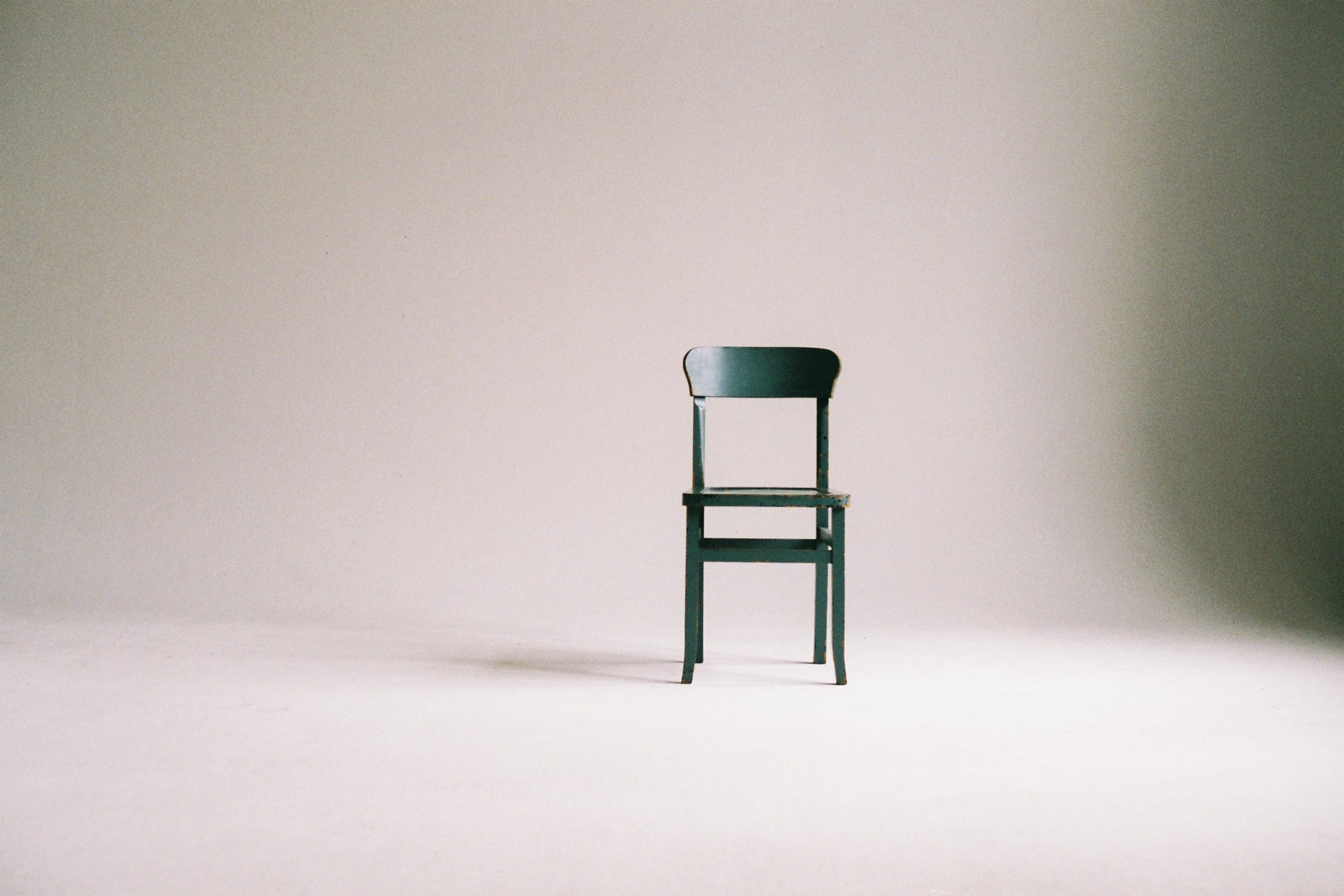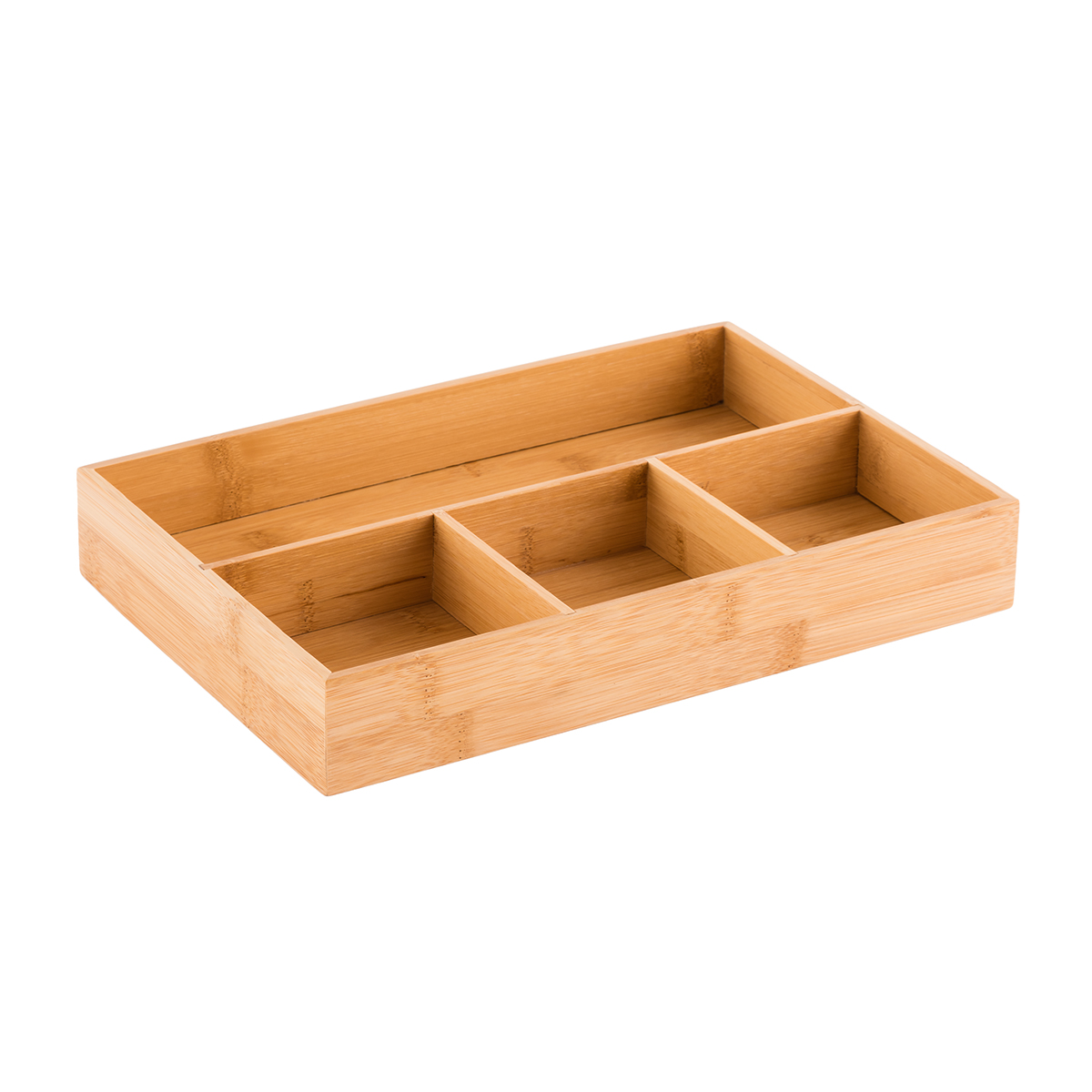Is Minimalism for rich people? It’s definitely for child-less people, right? What about married people? Can they be minimalists? Is it impossible? Impractical? Classist? Do only people with low incomes become hoarders? Do people with children inevitably become hoarders? What’s the difference between clutter and hoarding?
Yeah… um… I cannot answer those questions with complete confidence. But I can give you my opinion and ways I’ve found balance between minimalism and clutter.
First of all, I don’t think minimalism is only for rich people, and I have seen with my own eyes rich people who are hoarders. When you have a seven-bedroom house, it’s easier to disguise your clutter. I’ve also seen large families who live in small, clutter-free homes.
Basically, it’s up to you. You get to decide how to control your stuff so that it doesn’t control you.
This balancing act of physical things is really a just philosophy. Once we’re able to rationally decide what should stay and what should go, we’re able to have better control over our spaces, and eventually, our state of mind.
Hoarding—or even just collecting multiples or accumulating clutter—often comes from our scarcity mindset, which is usually based on our income level or our fear of falling into a certain income level. “I might need this one day and might not have the money to buy it again” is a legitimate reason for holding onto things. But most of the items we need to function can be purchased for affordable prices in our current economy. So storing a random extra bathtub or an old water heater that probably won’t work or mountains of dishware is really not worth the time, money, and space it costs to store it. It’s important to weight opportunity costs. Is storing all this stuff for years just in case I need it worth the $100 it might cost to purchase it if I ever need it? For some people, the answer is yes. That $100 is nothing to scoff at. For others, no, it’s not worth it to hold on to.
Now, hoarding or collecting things that might be useful and functional one day is very different from accumulating stuff because it makes us feel good in the moment. Throw pillows and home décor are not functional items we need to survive or utilitarian items that increase our quality of life. Well, I don’t know. Maybe some people truly believe throw pillows increase their quality of life (I have a few, and they are cute…).
Similarly, the never-ending consumption carousel badgers us into thinking whatever we have is not enough, we need more, we need better, bigger, cuter, trendier, updated, and whatever everyone else has. We all struggle with it. Even after purchasing a home I love, I can’t help but walk into new friends’ homes and think, “Wow, this is so much better than mine…” or “I wonder what people think about my bare walls and décor-less tables.” This is natural. But it still needs to be battled because it does more harm than good. It’s why we continue to buy, collect, accumulate, and eventually go nuts over having so many things. The truth is people will never stop judging you for something. Either people will judge you because your house is too small, too big, too clean, too messy, too trendy, too outdated. It’s human nature. So no matter what you do to keep up with the “Joneses,” it will never be enough.
This, again, is why it’s important to figure out what stuff you actually need, actually want, and actually use in order to save yourself the time, money, and space it costs to purchase and store that stuff.
If you’re feeling like you’re drowning because you have too much stuff, your living space is too messy, too disorganized, and too out of control, then it’s time to take a long, hard look at every single item you own—yes, every single item you own—and decide if it’s worth the physical and mental space to hold onto it. If it’s not, it’s time to toss, donate, or recycle it.
Life is about finding balance. We will always need things. We will always want things. The balance is finding out what you actually need and what you actually want—the amount you can easily store and organize—to keep yourself sane. Because, sure, holiday décor is super festive and adds joy to every season, but how many decorations can you own before you start to feel it’s costing you too much time to put them up and take them down? How many spare bed sheets do you need to own to feel like you’re prepared for the moment your kid soils the sheets, or your in-laws show up at your front steps with luggage? How many toys do your kids actually need to be happy and creative? It’s not zero and it’s not one hundred. It’s somewhere in between, and only you can decide that for yourself and your family.
Take control of your things so that they don’t take control of you. And find your balance to find peace in this cluttered world.
How To Find Balance & Declutter
— Do you feel overwhelmed by the amount of stuff you have?
— Do you feel like you have a lot of stuff that you don’t want or need?
— Do you feel like you spend too much time (or more time than you’d like) tidying and reorganizing your stuff?
— Do you have stuff that you are keeping “just in case” but know, deep down, you are unlikely to need it?
— Do you want to spend less time cleaning, tidying, or reorganizing your stuff?
If you said yes to any of the above questions, follow the steps below:
1) Get out a notebook, sheets of paper, or anything that you can use to make a list.
2) List the rooms in your house, apartment, condo, etc. and create a separate sheet of paper for each room.
3) For each room, list the items of furniture and the large objects in the room that you need, use, and want.
4) For each room, list the general categories of items you need, use, and want (e.g. pajamas; toiletries; dishes; decor; toys). Then, under each category, create subsets of more specific categories of these items (e.g. winter pajamas; face creams; bowls; framed photos; Barbies).
5) Look over each of these specific categories. You don’t have to write down every single item that exists in your house. But think about how many of each category you truly need, how many you truly want, and how many you truly use.
6) Look over your lists. Is there anything on your list that stands out to you as something that is unnecessary either because you don’t use it or you have too many of this specific item. Think about it: how many different types of pajamas do you need? Do you use all that nail polish? Do your kids play with all their toys? How much of what’s in your kitchen’s “junk drawer” is actually useful?
7) Now, take the time to tackle those items. Physically reduce the clutter by tossing, donating, or recycling the “extra” or “unnecessary” items you don’t need, want, or use.
8) Think about it: does each room feel a bit more balanced? Does your house overall feel a bit lighter? Do you feel like you’re in more control of your items rather than your items controlling you? If not, repeat this process. If yes, then accept that this is good enough!
I often find myself reorganizing my kitchen drawers and cabinets because I want my kitchen to be a space — like most spaces in my home —…
November first. The day after Halloween and the middle of autumn. November—a month for so long dedicated to giving thanks—has now been seized and held captive by…
What’s the deal with souvenirs? I’ve never understood the point of someone lugging back some bizarre ceramic toad or shark’s tooth or fertility vase to give to…
During my recent move, I donated a large box of kitchen goods—2 turners, 5 wooden spoons, 2 spatulas, a set of mixing bowls, wine glasses, etc.—and kept…
When I was 19, I lived and worked in Ireland for a year. Unlike many young people who live in other countries through college study-abroad programs or…
Having fewer items and keeping them organized not only clears your space and mind from clutter, but it might also help clear your skin. I used to…
When I was 19, I packed up everything I owned into two suitcases, booked a one-way ticket to Cork, Ireland, and left my life in Chicago behind….











